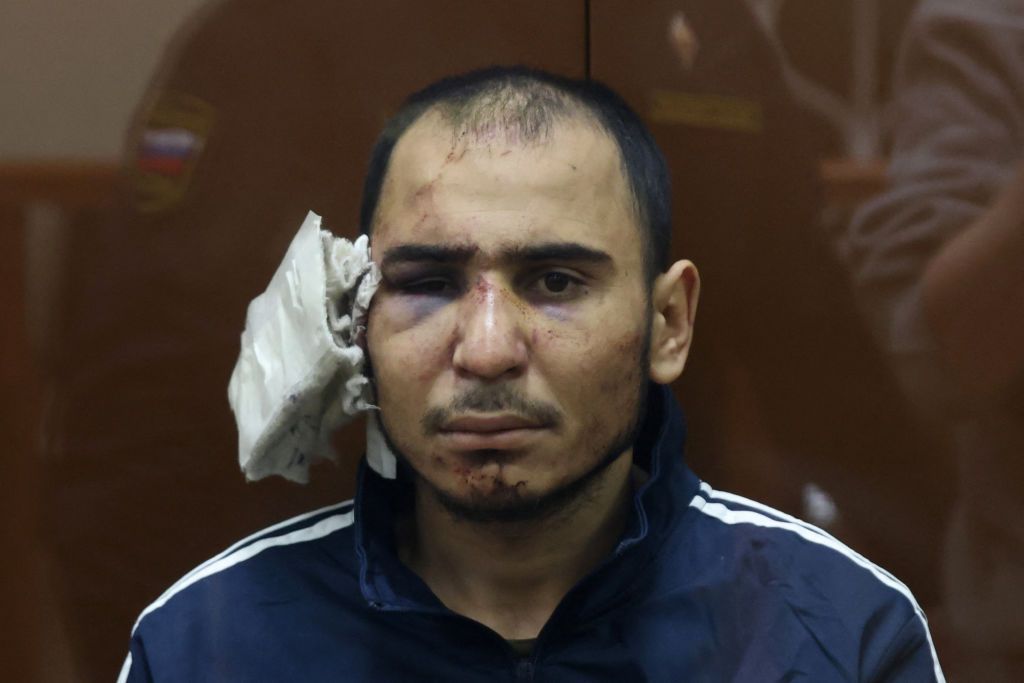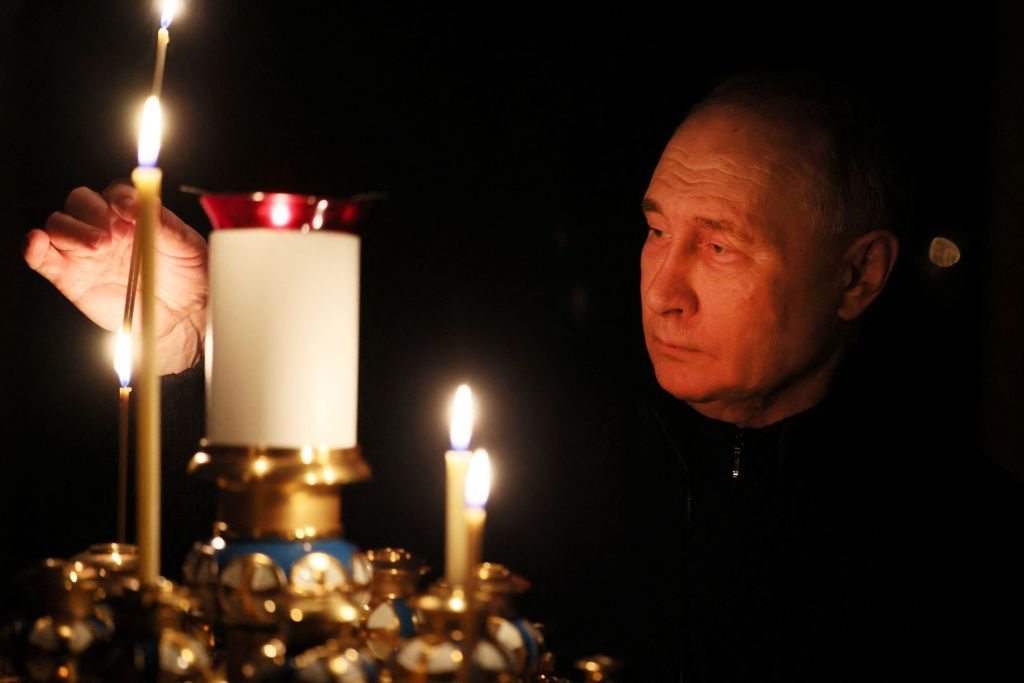Moscow attack suspects' families interrogated by Russia in Tajikistan, interviewed by media

Russian investigators went to Tajikistan on March 26 to question the families of the suspects of the Crocus City Hall terrorist attack, Reuters reported, citing sources from the Tajik security services.
Separately, Radio Free Europe/Radio Liberty's Tajik service published an article on March 27 containing a series of interviews with the family members, many of whom said they found it hard to believe the men would have been motivated by extremist Islamic beliefs.
Several gunmen opened fire at the Crocus City Hall in Krasnogorsk, northwest of Moscow, on the evening of March 22, killing at least 139 people and injuring over 120. A branch of the Islamic State (ISIS) claimed responsibility for the attack shortly thereafter.
Russian authorities are currently holding eight people in pre-trial detention in connection with the terrorist attack, seven of whom are from Tajikistan. An eighth suspect from Kyrgyzstan was brought into court in Russia on March 26.
Four of those detained are Tajik men accused of personally carrying out the attack. They appeared in court showing clear signs of abuse, following videos and pictures that were widely circulated on Russian social media depicting their alleged torture at the hands of Russian authorities.
Russian investigators went to the Tajik capital Dushanbe on March 26 to question the suspects' families, the sources told Reuters.
Tajik President Emomali Rakhmon is reportedly "overseeing the investigation on the Tajik side," the sources said.
The families and acquaintances of two of the suspects, Faridun Shamsiddin and Muhammadsobir Faizov, told RFE/RL that the two men were non-practicing Muslims who drank alcohol and enjoyed parties. A relative of Shamsiddin's said that he "could not have killed a sparrow. He was a coward."
RFE/RL reported that Shamsiddin is a convicted sex offender and had been sentenced to seven years in prison, but was released in 2020.
Faizov, who is 19 years old, had worked as a fruit seller in St. Petersburg, his mother told RFE/RL.
"He's not a person who would do something like this. He must have been brainwashed by someone," his mother said, adding that she had talked to him one day before the attacks.
"We spoke twice that day, in the morning and evening. He would only say that he was doing well and asked about me. He talked about his job and said everything will be fine."
Hours after the attack, Russian President Vladimir Putin attempted to connect the attack to Kyiv, claiming that the detained suspects planned to flee to Ukraine. Later, he recognized that the terrorist attack "was committed by radical Islamists" but still alleged that Ukraine was to blame without providing evidence.
The White House has said there was no indication that Ukraine was behind the Moscow attack.















